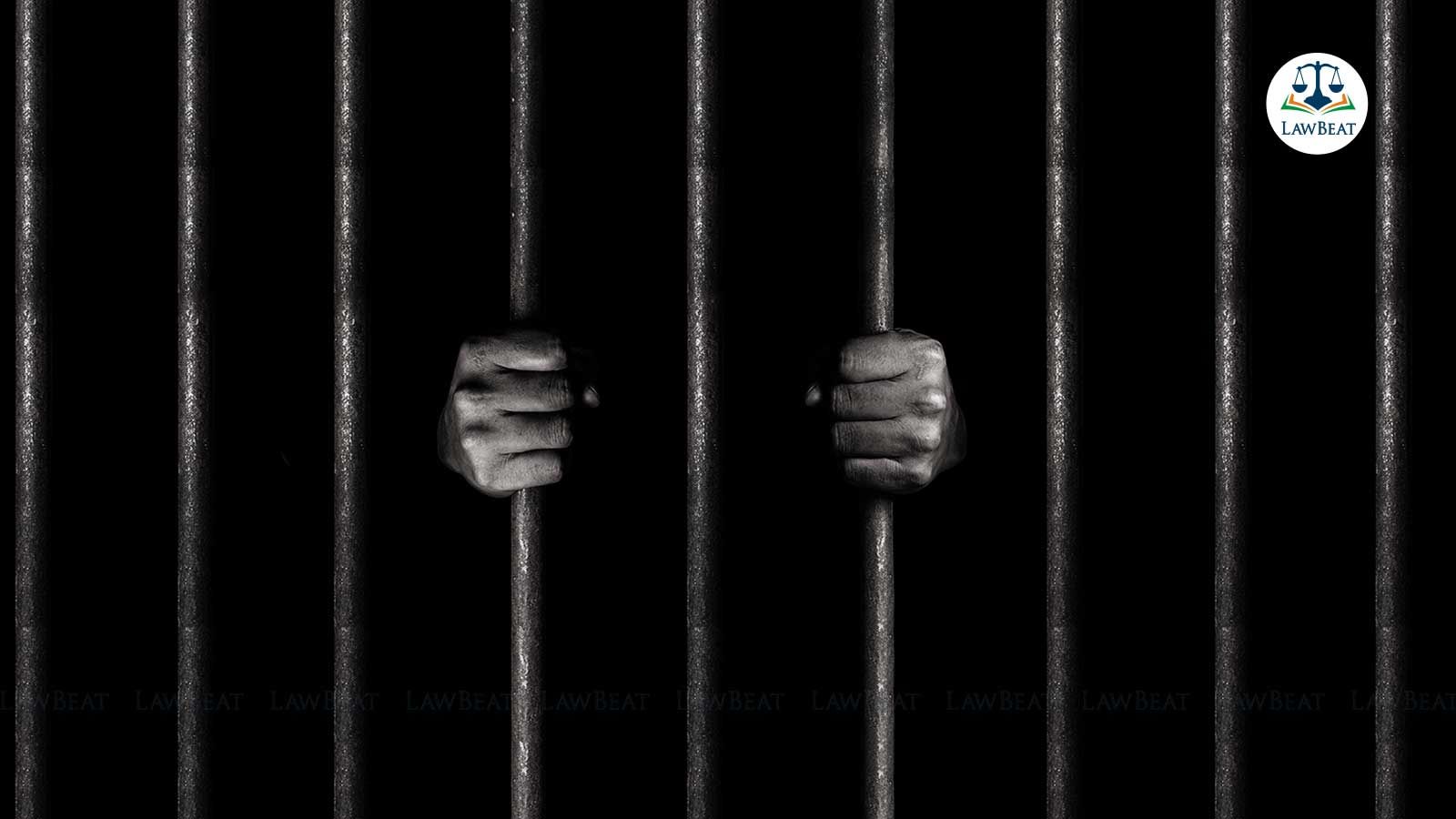Bombay High Court Orders Release of Man Sentenced to 83 Years in 41 Theft Cases on Grounds of Miscarriage of Justice

The 30-year-old man in his plea had contended that he pleaded guilty in all 41 cases with the genuine belief that he would be released from prison for the period already spent as an undertrial prisoner
A division bench of the Bombay High Court, comprising Justice Revati Mohite Dere and Justice Gauri Godse, recently acquitted a man who had been sentenced to 83 years of imprisonment in 41 different theft cases based on the grounds of miscarriage of justice.
The high court was considering a plea filed by a 30-year-old man who asserted that he had been falsely implicated in 41 different cases.
Due to his illiteracy and lack of understanding of legal matters, coupled with his financial constraints that prevented him from hiring a lawyer, he pleaded guilty in all 41 cases with the genuine belief that he would be released from prison for the period already spent as an under-trial prisoner.
The HC in its judgment recorded that none of the courts had exercised its discretion under Section 427 of the Code of Criminal Procedure.
“Section 427(1) confers a discretion on the Court to direct that the subsequent sentence following a conviction shall run concurrently with the previous one”
The high court observed that sentencing policy should meet the twin objectives of deterrence and reformation.
“The sentencing policy of criminal jurisprudence mandates Courts to pass such sentences as would meet its primary twin objects of deterrence and re-formation. The deterrent effect of a sentence is to prevent the commission of a similar offence by the convict by confining him to jail and to prevent the prospective offenders from committing such a crime. Infact, compensation some times can be said to have such a deterrent effect,” the court observed.
The division bench also noted that if the petitioner were to be sentenced in all the mentioned cases, he would be required to serve imprisonment for approximately 83 years, three months and five days. Considering his inability to pay the fines imposed, he would additionally need to serve imprisonment for an additional period of 10 years, 1 month, and 26 days, resulting in a total of 93 years and 5 months, effectively his entire life. This scenario offers no hope for him to ever be released from jail.
While quoting Former Chief Justice of the United States of America, Earl Warren, the bench added that in 3 out of the 48 cases, the petitioner was a juvenile.
“In this context and having regard to the peculiar facts, it is apposite to quote the words of Earl Warren ‘It is the spirit and not the form of law, that keeps justice alive.’ The petitioner was about 21 years old at the relevant time when he was booked in the aforesaid 38 offences and in 3 cases, a juvenile in conflict with law. All, except 3 offences pertain to the period 2014 to 2015,” the bench added.
The man had already undergone imprisonment of nine years and without remission of 11 years. The bench noted that it would be appropriate to exercise the inherent jurisdiction..
“As rightly said by William Scott Downey, ‘Law without justice is a wound without a cure’ . Hence, in exercise of our writ and inherent jurisdiction, we deem it appropriate to put right the clock, to prevent miscarriage of justice, failing which the petitioner would remain incarcerated for more than 90 years, in 41 cases (total), for committing ‘theft’, with no prospect of coming out of jail anytime in the future,” the bench noted.
The division bench while ordering the release of the man observed that Section 482 of the CrPc can be invoked to prevent abuse of the process of the court.
“Section 482 Cr.PC can be invoked to render complete justice. It can be exercised to give effect to an order under Cr.PC; to prevent abuse of the process of the Court; and, to secure the ends of justice. In short, Section 482 Cr.PC is a reminder to High Courts, that they are not merely Courts of law, but also Courts of justice and as such possess inherent powers to remove injustice,” the bench observed.
Case title: Aslam Salim Shaikh vs State of Maharashtra & Anr
